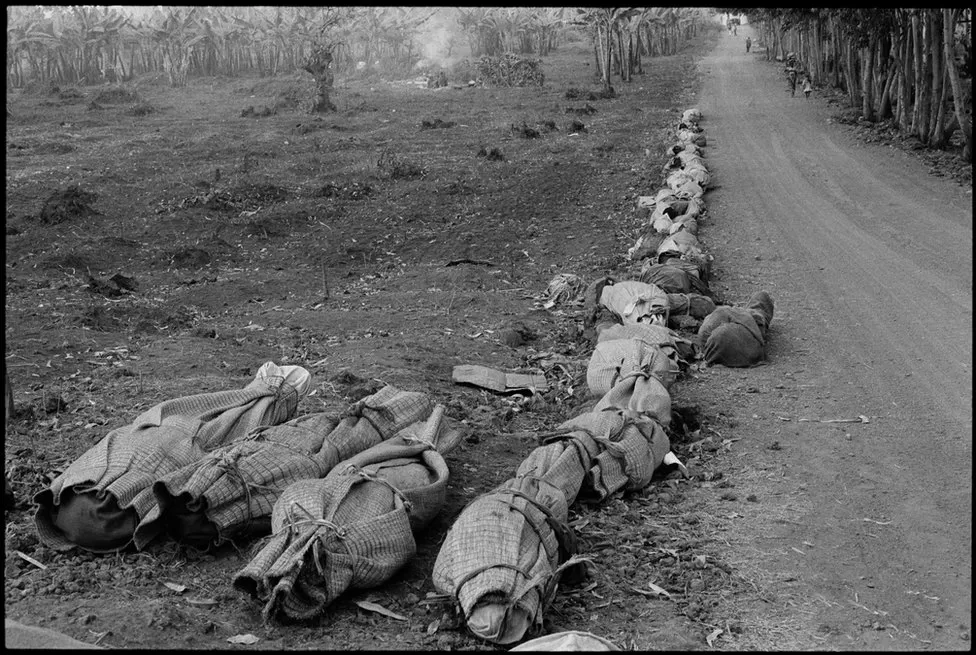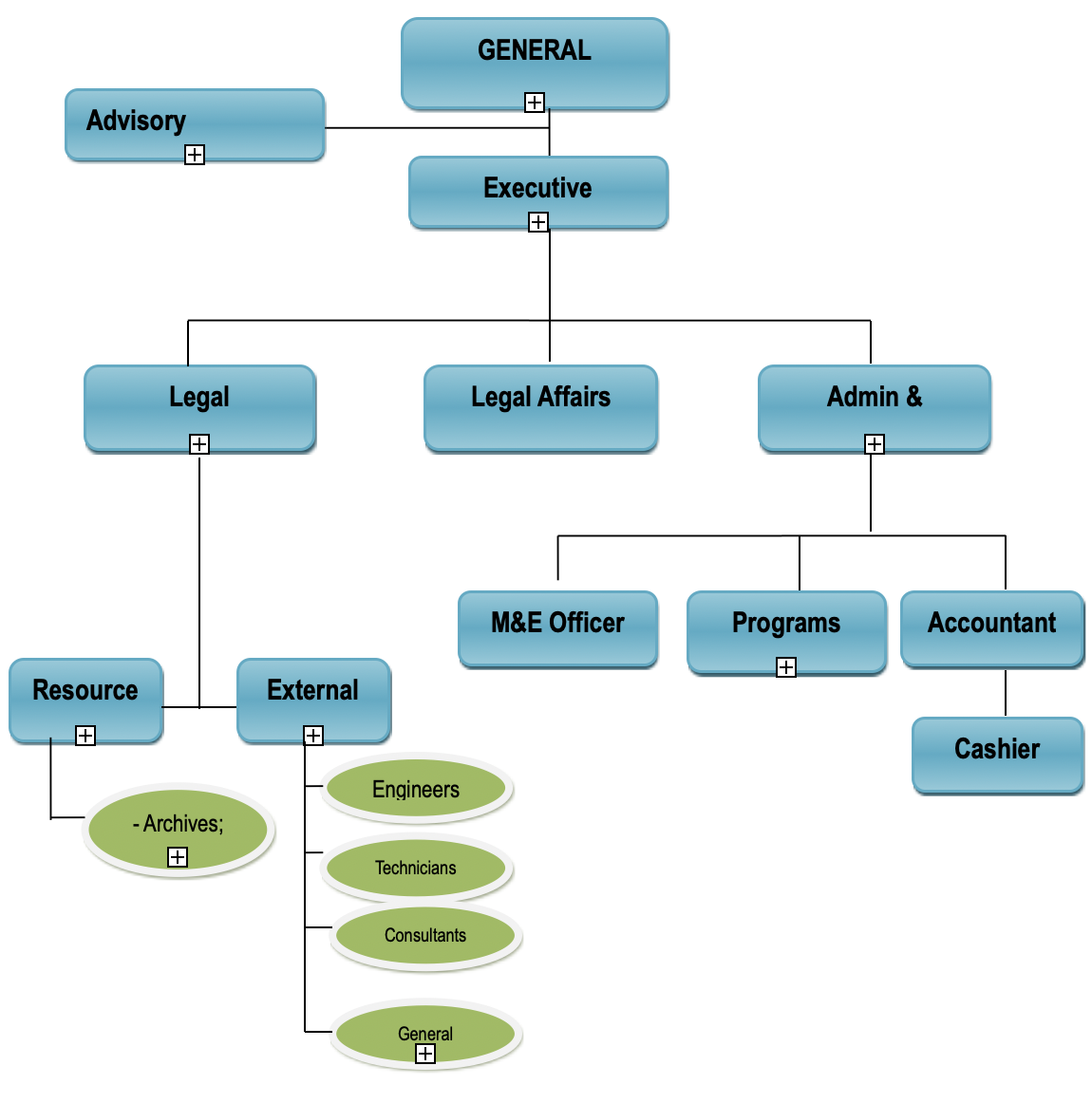About Us
ORGANIZATION STRUCTURE
HIHD was founded in 2012 by good-hearted people motivated by the disarray and precarious situations through which people lived especially those orphans, widows, people living with albinism, girls heads of households as a result from the hard times and civil wars that Rwanda passed through before and after colonization period. These led to excessive unemployment youth and severe conditions for marginalized groups; therefore, there was strong need to reintegrate them socially and economically in developing vocational skills; providing training and awareness campaigns on peace building, human rights and ensuring education and innovation in job creation.
Genocide
The genocide against the Tutsi in RWANDA, was a mass slaughter of Tutsi, Twa, and moderate Hutu in Rwanda, which took place between 7 April and 15 July 1994 during the Rwandan Civil War. The genocide was organised by members of the core Hutu political elite, many of whom occupied positions at top levels of the national government. Most historians agree that a genocide against the Tutsi had been planned for at least a year. However, the assassination of Rwandan president Juvénal Habyarimana on 6 April 1994 created a power vacuum and ended peace accords. Genocidal killings began the following day when soldiers, police, and militia executed key Tutsi and moderate Hutu military and political leaders. The scale and brutality of the massacre caused shock worldwide, but Western nations such as Belgium, France, the U.S., and others ignored the genocide. Most of the victims were killed in their own villages or towns, many by their neighbors and fellow villagers. Hutu gangs searched out victims hiding in churches and school buildings. The militia murdered victims with machetes and rifles. An estimated 500,000 to 1,000,000 Rwandans were killed, about 70% of the Tutsi population. Sexual violence was rife, with an estimated 250,000 to 500,000 women raped during the genocide. The genocide ended with the military victory of the Rwandan Patriotic Front. The genocide had lasting and profound effects on Rwanda and neighbouring countries. Today, Rwanda has two public holidays to mourn the genocide, and denial or historic revisionism of the genocide is a criminal offence. As a result of the genocide, nations collaborated to establish the International Criminal Court.

Genocite Against Tusti
Rwanda, April 1994
Our Team

Patient NIYITEGEKA
Patient NIYITEGEKA on the front of HAND IN HAND FOR DEVELOPMENT (HIHD) I’m NIYITEGEKA Patient born here in Rwanda ,Western Province,Rubavu district ,in my life I got chance to be supported by the important Women call Rosamond Carr she supported me since primary school to university during this period I got opportunities to sit time with her because my Father use to cook for her in a period of over 35 years ,this important women told me the important world “Patient don’t sleep while people are suffering “at this time she tried to explain me her background and how she struggle to support different community who surrounded Mugongo Plantation at that time I was in S2 I was like history at my age 7 years ago she when I was in graduate I I got other opportunity to share tea with her she asked me that question again it was a long period as I was little boy at that time and my communication skill was down I told her that I don’t remember that and she repeat again at that level my communication was increase and I asked her to why and she took time to explain me deeply and she told me to take a brock not a
Patient NIYITEGEKA

Patient NIYITEGEKA
Patient NIYITEGEKA on the front of HAND IN HAND FOR DEVELOPMENT (HIHD) I’m NIYITEGEKA Patient born here in Rwanda ,Western Province,Rubavu district ,in my life I got chance to be supported by the important Women call Rosamond Carr she supported me since primary school to university during this period I got opportunities to sit time with her because my Father use to cook for her in a period of over 35 years ,this important women told me the important world “Patient don’t sleep while people are suffering “at this time she tried to explain me her background and how she struggle to support different community who surrounded Mugongo Plantation at that time I was in S2 I was like history at my age 7 years ago she when I was in graduate I I got other opportunity to share tea with her she asked me that question again it was a long period as I was little boy at that time and my communication skill was down I told her that I don’t remember that and she repeat again at that level my communication was increase and I asked her to why and she took time to explain me deeply and she told me to take a brock not a
Patient NIYITEGEKA
Founder
Patient NIYITEGEKA
Patient NIYITEGEKA on the front of HAND IN HAND FOR DEVELOPMENT (HIHD) I’m NIYITEGEKA Patient born here in Rwanda ,Western Province,Rubavu district ,in my life I got chance to be supported by the important Women call Rosamond Carr she supported me since primary school to university during this period I got opportunities to sit time with her because my Father use to cook for her in a period of over 35 years ,this important women told me the important world “Patient don’t sleep while people are suffering “at this time she tried to explain me her background and how she struggle to support different community who surrounded Mugongo Plantation at that time I was in S2 I was like history at my age 7 years ago she when I was in graduate I I got other opportunity to share tea with her she asked me that question again it was a long period as I was little boy at that time and my communication skill was down I told her that I don’t remember that and she repeat again at that level my communication was increase and I asked her to why and she took time to explain me deeply and she told me to take a brock not a
Patient NIYITEGEKA

Patient NIYITEGEKA
Patient NIYITEGEKA on the front of HAND IN HAND FOR DEVELOPMENT (HIHD) I’m NIYITEGEKA Patient born here in Rwanda ,Western Province,Rubavu district ,in my life I got chance to be supported by the important Women call Rosamond Carr she supported me since primary school to university during this period I got opportunities to sit time with her because my Father use to cook for her in a period of over 35 years ,this important women told me the important world “Patient don’t sleep while people are suffering “at this time she tried to explain me her background and how she struggle to support different community who surrounded Mugongo Plantation at that time I was in S2 I was like history at my age 7 years ago she when I was in graduate I I got other opportunity to share tea with her she asked me that question again it was a long period as I was little boy at that time and my communication skill was down I told her that I don’t remember that and she repeat again at that level my communication was increase and I asked her to why and she took time to explain me deeply and she told me to take a brock not a

